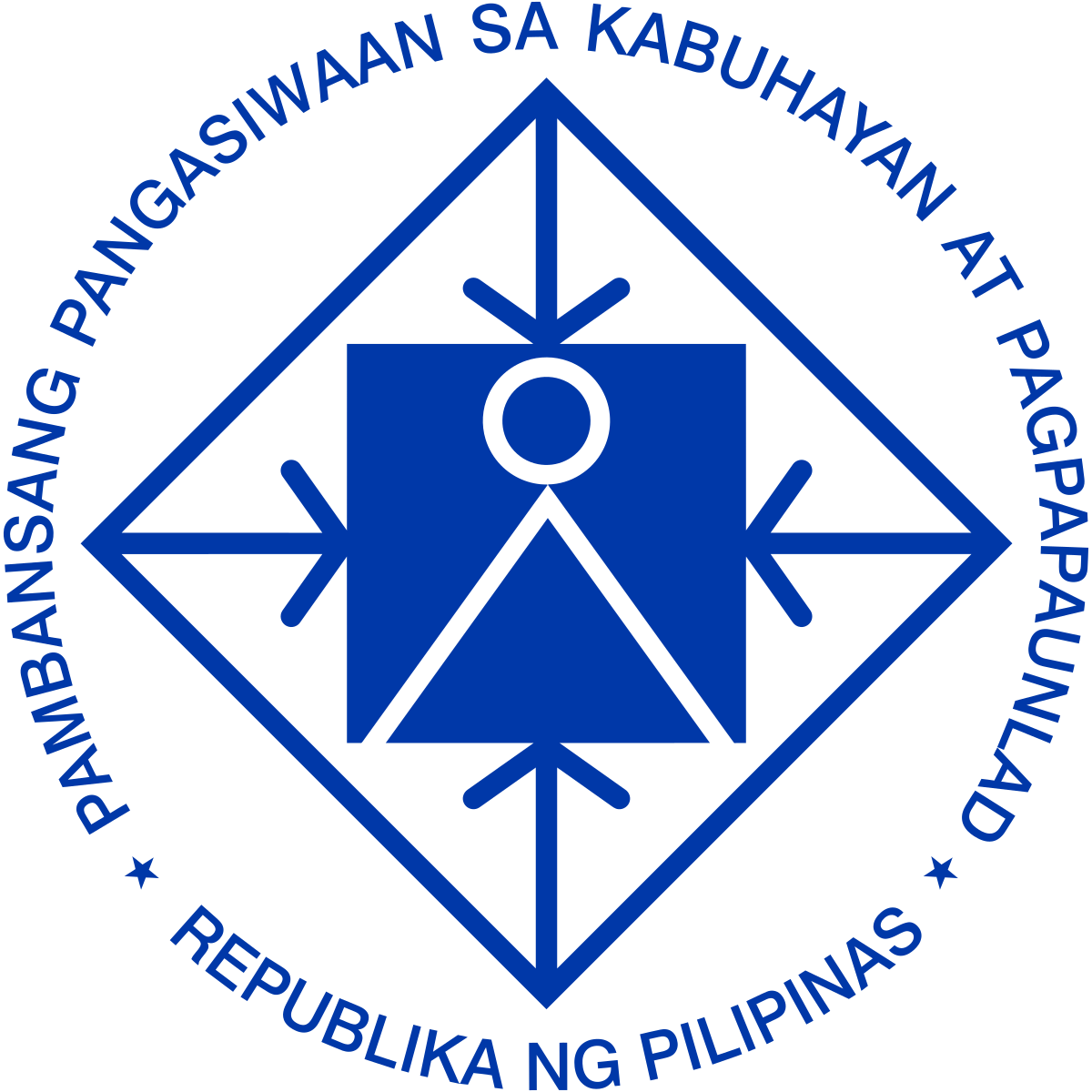
MANILA – The National Economic and Development Authority (NEDA) Board has approved three key initiatives to support the Marcos Administration’s drive to accelerate human capital development and improve the country’s social and physical infrastructure.
Chaired by President Ferdinand R. Marcos Jr., the NEDA Board approved the following initiatives during its 15th meeting on Thursday, April 25.
The Department of Education’s Basic Education Development Plan (BEDP) for 2030 and the MATATAG Agenda, which aims to provide all children, out-of-school youth, and adults with equal access to quality basic education.
The changes to the parameters, terms, and conditions of the Public-Private Partnership (PPP) for the University of the Philippines-Philippine General Hospital (UP-PGH) Cancer Center, including an increase in the project cost from PHP6.05 billion to PHP9.49 billion.
The new guidelines of the NEDA Board Investment Coordination Committee (ICC) covering the review and approval of National PPP Proposals to make the process shorter and more efficient.
NEDA Secretary Arsenio M. Balisacan, who also serves as the Board’s vice chair, stated that the recently approved items will promote Filipinos’ access to high-quality lifelong learning and better health facilities and create a streamlined process for high-impact PPPs.
“The NEDA Board recognizes the importance of human development in pursuing social and economic transformation. The BEDP 2030 is the country’s first medium-term plan for basic education, covering formal K-to-12 education and non-formal education for youth and adults. This initiative primarily addresses our students’ learning losses during the pandemic and strengthens the government’s investment in the welfare of our children,” Balisacan said.
Duterte-Carpio presented the BEDP 2030 that the government will implement through the MATATAG Agenda, which comprises four critical components, namely: (1) MAking the curriculum relevant; (2) TAking steps to accelerate the delivery of basic education facilities and services; (3) TAking good care of learners by promoting learner well-being, inclusive education, and a positive learning environment; and (4) Giving support to teachers to be able to teach better.
The BEDP 2030 and the MATATAG Agenda are aligned with the United Nations Sustainable Development Goal No. 4 on providing quality education. They are also consistent with AmBisyon Natin 2040 and the Philippine Development Plan 2023-2028, which aim to improve education and promote lifelong learning.
The NEDA Board also approved the proposed revisions to the UP-PGH Cancer Center PPP Project’s parameters, terms, and conditions.
The increase in the Center’s project cost will cover the higher construction cost primarily due to the rise in a built-up area (from 20 to 27 floors) and the procurement of cutting-edge technology and equipment to provide patients and medical students with world-class services and facilities for education. To cover the additional expenses, the UP-PGH updated the bidding documents to comply with the PPP mode of procurement.
With cancer as the second leading cause of death in the Philippines, the UP-PGH Cancer Center will be a 300-bed hospital providing state-of-the-art cancer treatment to both charity and paying patients. At the same time, the hospital will also serve as a teaching and research facility to meet the country’s demand for more medical professionals specializing in cancer prevention and treatment.
The Cancer Center will also be a critical component of a healthcare ecosystem for precision medical treatment, which UP is building, including the Philippine Genome Center and Science and Medical Technology Parks.
The project is expected to be completed by the end of 2027 and will start operations by early 2028.
“As we envision Filipinos enjoying the benefits of livable communities, the government remains committed to providing them with basic needs such as healthcare and education toward sustained improvements in their overall quality of life,” the country’s chief socioeconomic planner added.
Lastly, the new guidelines on reviewing and approving national PPP proposals come in the wake of the approval of the PPP Code of the Philippines and its implementing rules and regulations.
Under the new guidelines, the ICC approval for projects costing PhP15 billion and above is expected to be completed within 113 calendar days, with a maximum limit of 120 calendar days.
For projects below PHP15 billion, ICC approvals should be completed in 83 to 90 calendar days, with a possible extension of up to 120 calendar days.
The approved ICC guidelines will be published on the websites of NEDA, the Department of Finance, and the PPP Center. They are effective immediately.
“With the right policies and enabling investment ecosystem, we hope our partners from the private sector can join us in the crucial task of nation-building as we continue on our journey toward a Bagong Pilipinas,” Balisacan stated.
-END-

